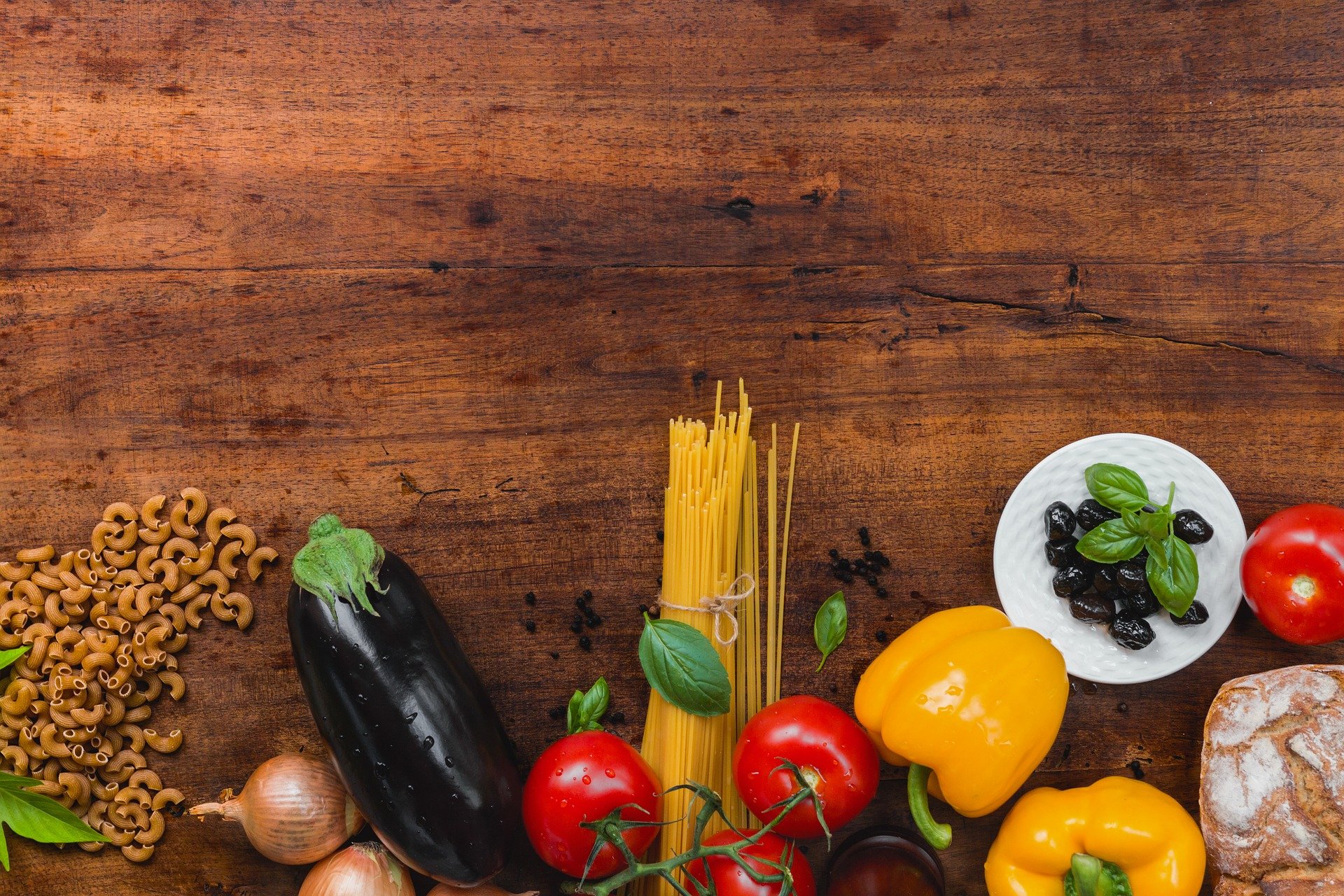
Facts That You Should Know About Metabolism
1.It’sIt’s all about your Basal Metabolic Rate or BMR
Metabolic can be any of the chemical reactions that occur in your body. But what most people care about is their MMR — how many calories you consume each day to keep yourself alive. According to the National Strength and Conditioning Association, BMR represents approximately 65 to 70% of your total caloric intake.
Online calculators can calculate your BMR but don’t take into account your muscle-to-fat ratio, Dr. Cederquist said. As you will see, the levels of lean muscles matter are also important. To get a more precise figure, you can consult an obesity specialist to have a calorimeter test done. This measures how much carbon dioxide you exhale, and will determine your BMR.
2.More muscle equals higher metabolism
According to the National Institute of Diabetes and Digestive and Kidney Diseases, more muscle mass means that you burn more calories, even when you’re at rest. Tim Church is a professor of preventive medicine at Pennington Biomedical and Research Center at Louisiana State University, Baton Rouge. A pound of fat, on the other hand, burns about two calories.
The best way to build muscle is strength training. In a July 2015 study in the European Journal of Clinical Nutrition, it was found that strength training three times per week for nine months increased people’s resting metabolic rates by approximately 5 percent. Have you not exercised for a while? A certified personal trainer can help you learn safe and effective exercises that will work for your body. The American Council on Exercise professionals search is an excellent resource for finding experts in your area.
 3. Increase your intake of protein may boost your metabolism
3. Increase your intake of protein may boost your metabolism
Did you know that eating food can burn calories? Of all the macronutrients, carbohydrates, protein, or fat, the most important is protein. Research indicates that increasing protein intake temporarily increases metabolism by approximately 15-30 percent.
A protein-rich diet promotes lean muscle mass and learn about metabolism boosters here. Cederquist recommends lean meats such as chicken and fish, as well as whole grains, dairy, legumes, lentils, and nuts. Spread your protein intake throughout the day to get the best results.
4.Men tend to have higher metabolisms
Cederquist states that men tend to have more body mass, muscle, and testosterone. All of these factors can influence calorie burn. Research has shown that men can lose twice the weight of women in the first month of a weight-loss program.
This can be especially distressing if you are a woman trying to lose weight with the main partner. But don’t let this discourage you. It doesn’t necessarily mean you are doing something wrong if you lose weight slower than your partner. Everybody is unique – be focused on yours.
5. The rate of metabolism can be reduced by menopause
Menopause may lower your body’s ability to burn calories. Cederquist explains that women who go through menopause may experience lower estrogen levels, which can lead to a decrease in their metabolism rate. This can cause women to store more abdominal fat. research further influences metabolism.
What is the best way to lose weight and keep your muscles in good shape during menopause A Menopause Review published July 2018 found that combining exercise and diet is more effective than either one alone? According to Menopause Review’s March 2015 study, small, low-calorie meals are the best option for diet. Researchers recommend that you consume more protein per pound than your ideal body weight.
 6.Many health conditions can have an impact on your metabolism
6.Many health conditions can have an impact on your metabolism
Certain illnesses and medications can sometimes affect how fast you burn energy. Harvard Medical School says that insulin resistance, untreated hypothyroidism, and certain medications can all affect metabolism and lead to weight gain. According to the University of Rochester Medical Center, weight gain can be caused by antidepressants, epilepsy medications, and steroids.
Ask your doctor if you are concerned about your ability or inability to lose weight. You can ask your doctor for a referral, or contact an obesity medicine specialist directly.
7. Vitamin DMay Impact Metabolism
Vitamin D has been praised for its contribution to bone health and sunshine moods. However, research has shown that it may also play a role in weight loss and metabolism. In a previous study, women who were vitamin D deficient lost more weight when their levels of vitamin D were at the recommended level. According to the National Institutes of Health, vitamin D deficiency could cause bone pain or muscle weakness. Don’t assume that your vitamin D levels are sufficient even if you take vitamin-D supplements. The study showed that women who took different amounts of vitamin D supplements absorbed different amounts.


